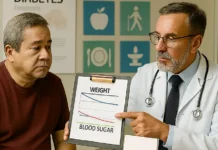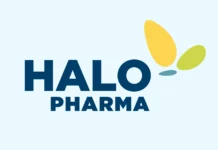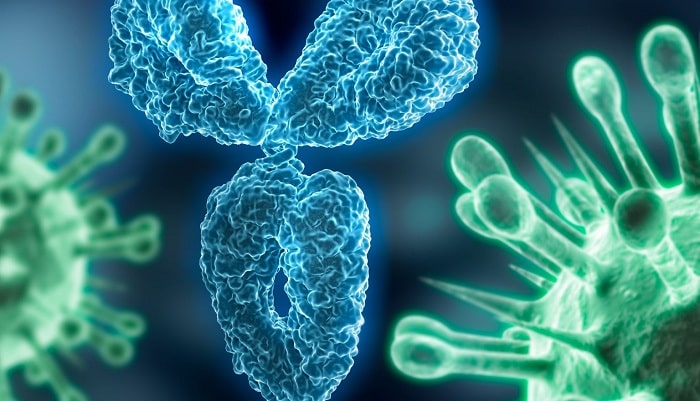Researchers at the University of Warwick, Iceni Diagnostics Ltd and University Hospitals Coventry and Warwickshire (UHCW) NHS Trust have demonstrated their technology to detect SARS-COV-2 using sugars rather than antibodies.
Lateral flow diagnostics (LFDs) have been widely used during the COVID-19 pandemic to provide rapid identification of people with an active infection. These LFDs work by using antibodies, which ‘stick’ to the SARS-COV-2 virus. Professor Matthew Gibson’s research team at the University of Warwick have been working with Iceni Diagnostics to develop an alternative system of detection using glycans (‘sugars’), where synthetic polymer chains are used to attach the glycans to the surface of nanoparticles. Viruses commonly use glycans as a ‘handle’ to attach to our cells, with the team mimicking this process to enable detection of SARS-COV-2.
Working with UHCW NHS Trust, the team demonstrated that prototype devices could identify COVID-19 positive swabs across a range of viral loads. The team also showed that the technology functioned well with the spike proteins from variants of concern, which is a key benefit of using glycan-binding technology.
This work clearly demonstrates that glycan-recognition technology can be used to identify pathogens, which the academic/industry team are actively developing further as part of a collaborative project.
Professor Matthew Gibson, Professor at Warwick Medical School and the Department of Chemistry at the University of Warwick, commented: “This work shows the potential of using glycans as alternative detection reagents, compared to the traditional antibody-based techniques. Furthermore, the use of our polymeric linkers, which allows us to present the glycan on the nanoparticles (which make the red line), shows the benefit of true cross-disciplinary, cross-sector collaboration. This work shows that our approach can work with primary clinical samples and we are actively developing this into a real-world device with our partners.”
Professor Dimitris Grammatopoulos, Professor at Warwick Medical School and Consultant in Clinical Biochemistry at UHCW NHS Trust, added: “This is a testament to the cutting-edge scientific research taking place at the University of Warwick and UHCW NHS Trust. Initial results of this prototypes showed it can perform favorably in comparison to established COVID-19 tests with respect to cost, time, accuracy and reliability. We are delighted to collaborate on this research.”
Professor Rob Field, Iceni Diagnostics’ Chief Scientific Officer, concluded: “Our ambition was to exemplify how an academic and industry collaboration can translate hard-core scientific discoveries into practical solutions, and this study has proven we can do this by combining our deep experience in glycoscience. The successful testing of the prototype device and glycan-based platform will now enable us to progress our viral and other pathogen pipelines, and we are delighted to continue working with the University of Warwick team on this programme.”




















